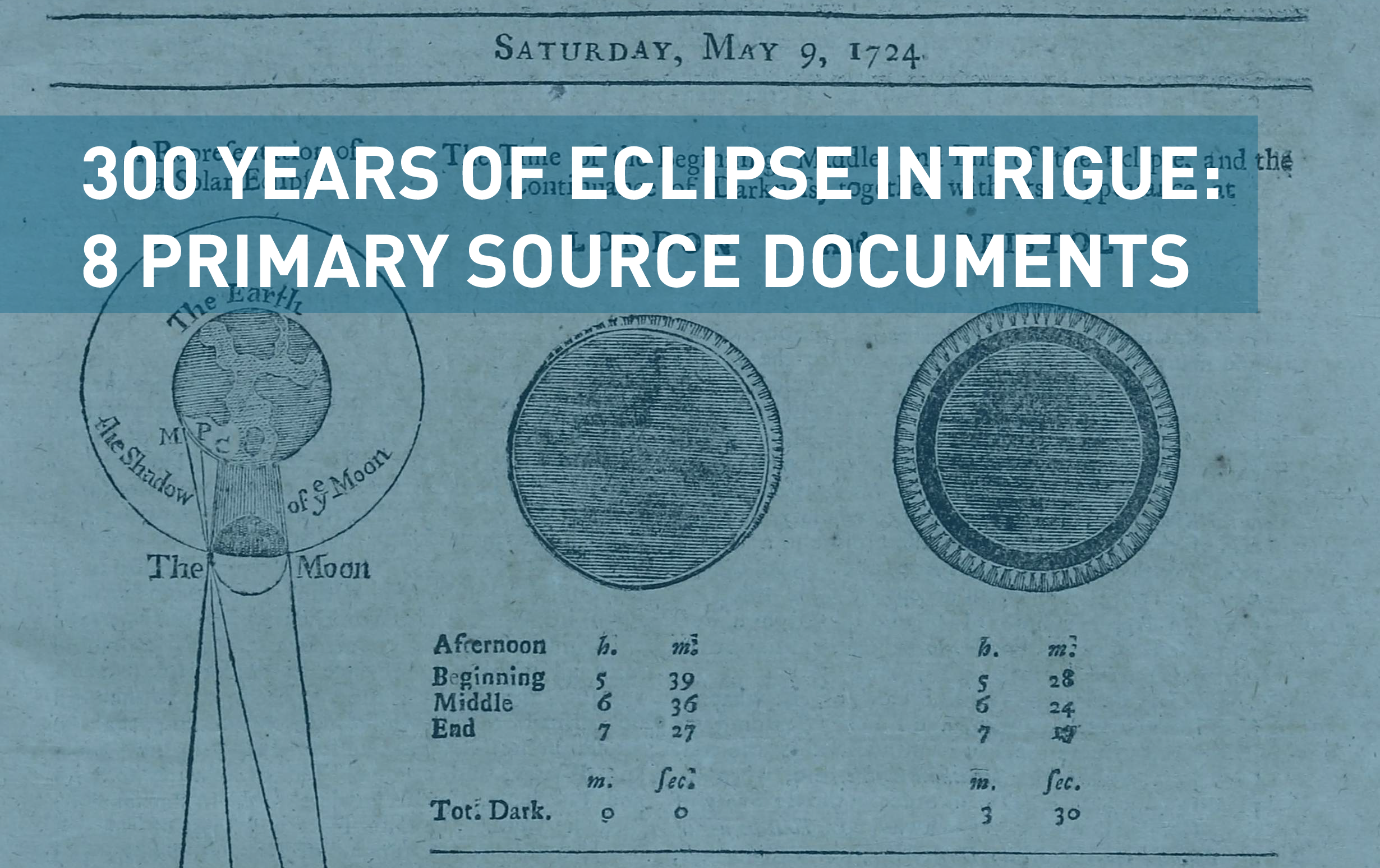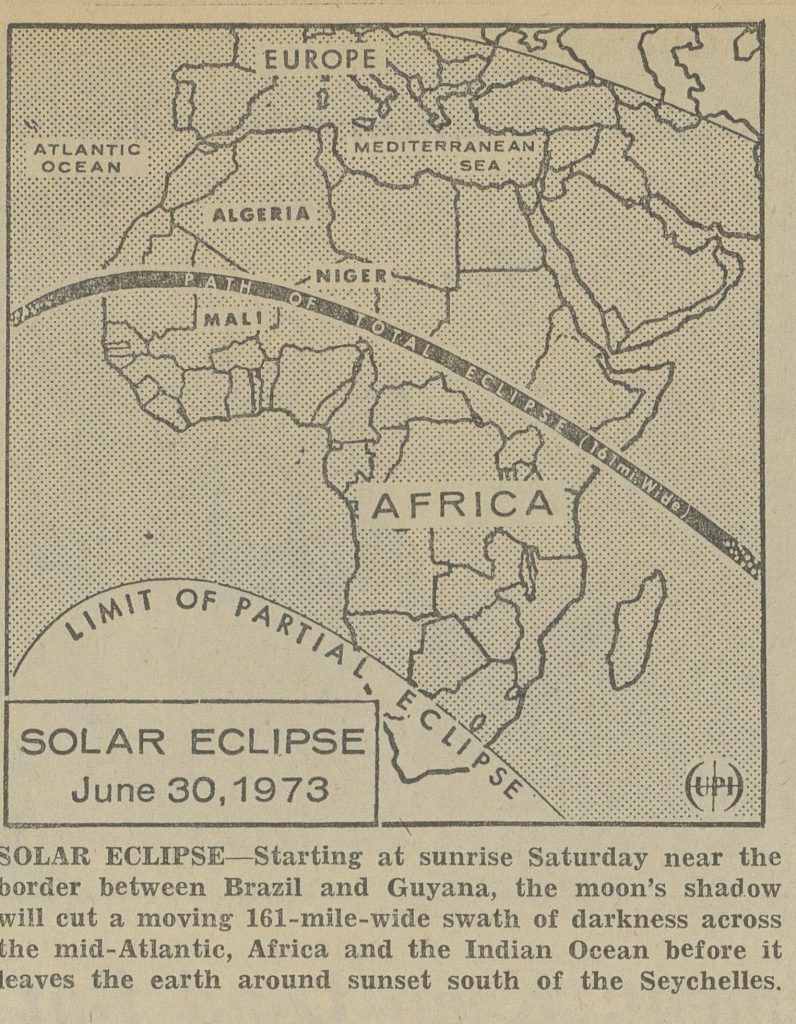Across North America people are poking holes in shoe boxes and going store to store to scoop up the last pairs of specialty “eclipse glasses” off the shelves. All of this preparation is for the solar eclipse that will cast the moons shadow on a path across the globe Monday, August 21st. While we have come a long way in our understanding of eclipses public fascination and excitement is nothing new. In fact, historians have often used written records of solar eclipses as a tool to determine the precise date of historical events through comparisons to ancient calendars. For much of history eclipses were not well understood and considered bad omens and myths about them abounded. In 1715 there was the first time an instance of eclipse observed through a telescope,. As the science of astronomy became more sophisticated scientists recorded more informed and accurate observations and gained a greater understanding of eclipses.
The advancement of human understanding comes to life through primary source accounts of eclipses throughout the years. Below listed in chronological order are various accounts of and eyewitness testimonies about eclipses that have taken place over the last 300 years.
1724:
The Weekly Journal: Or, British Gazetteer. Being the freshest Advices Foreign and Domestick
From 17th and 18th Century Nichols Newspapers Collection
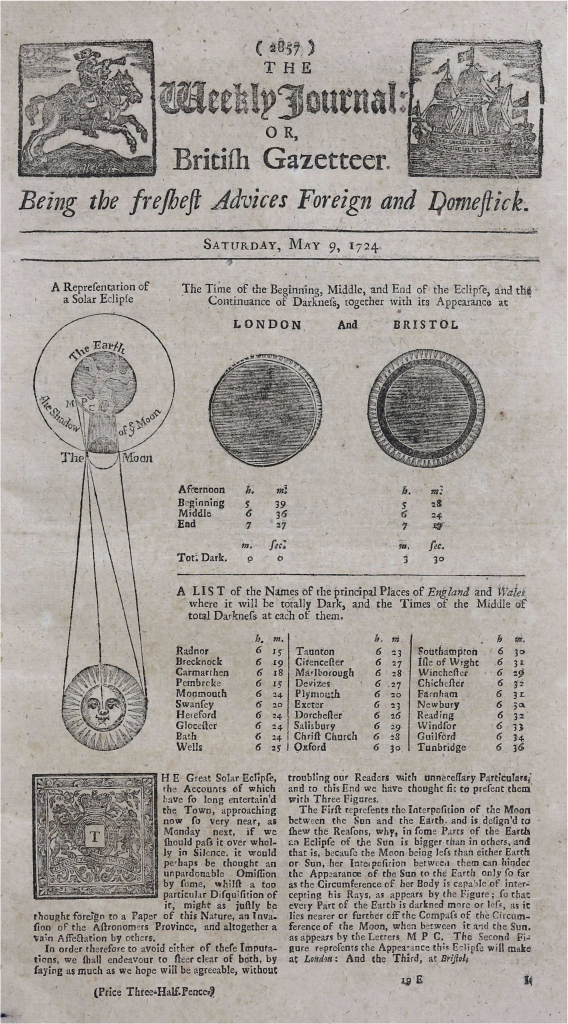
1748:
From Eighteenth Century Collections Online
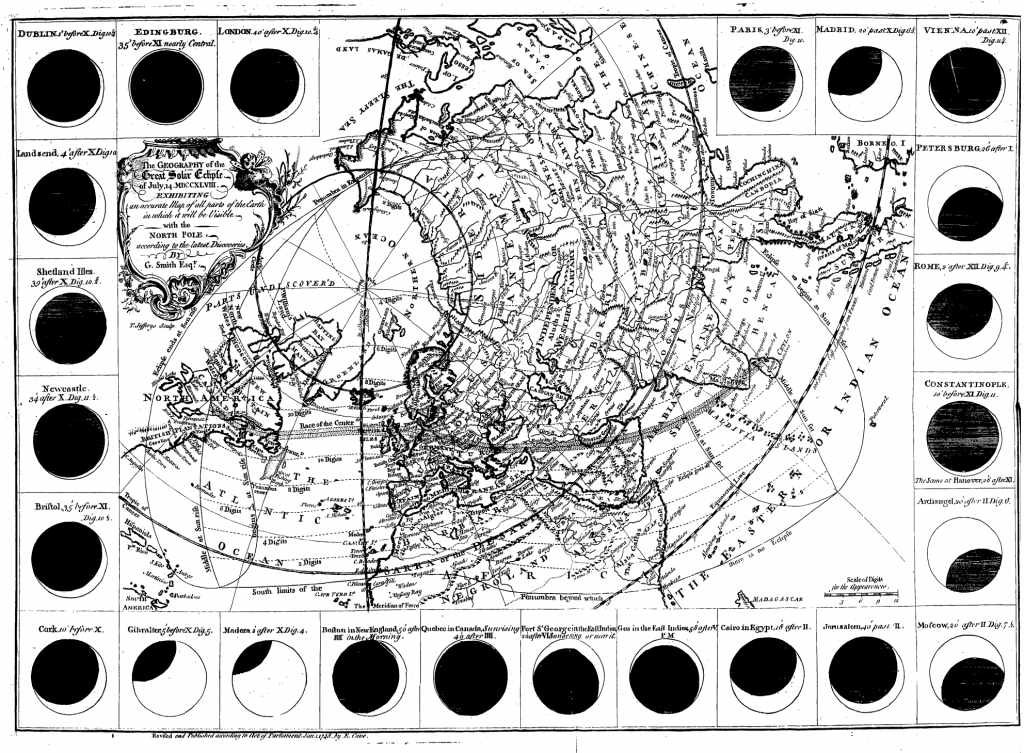
1764:
From Eighteenth Century Collections Online
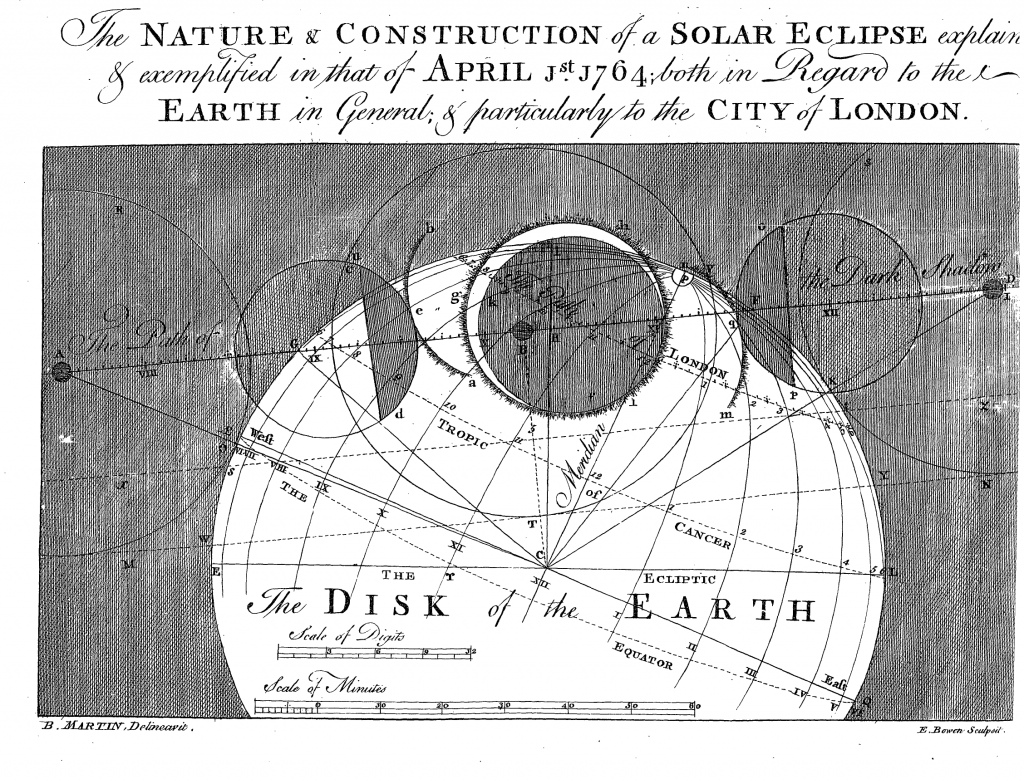
1867:
THE SOLAR ECLIPSE.-Very few persons saw much
From The Times Digital Archive
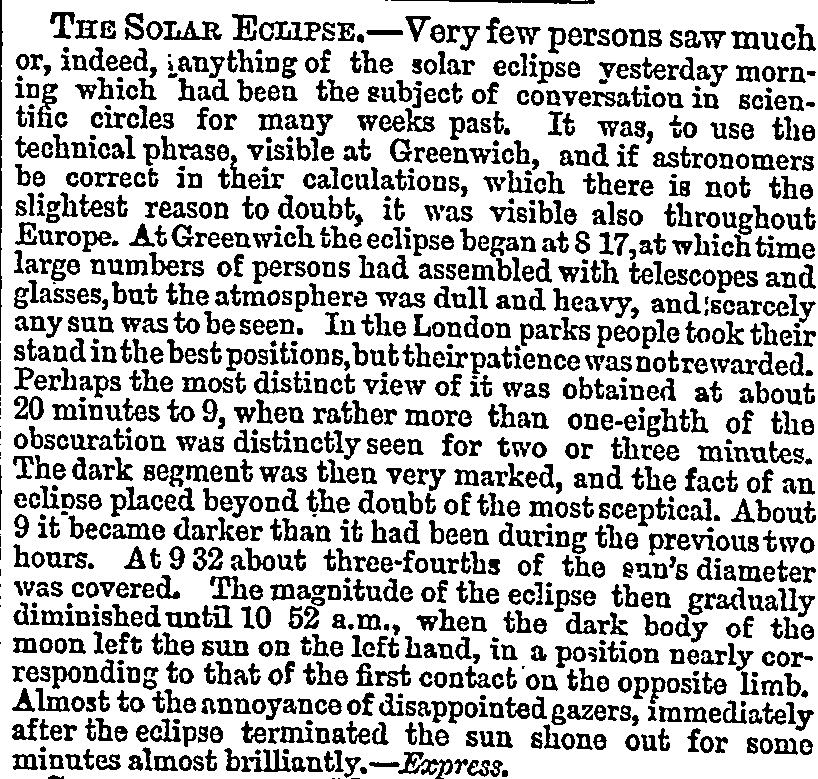
1878:
From Smithsonian Collections Online
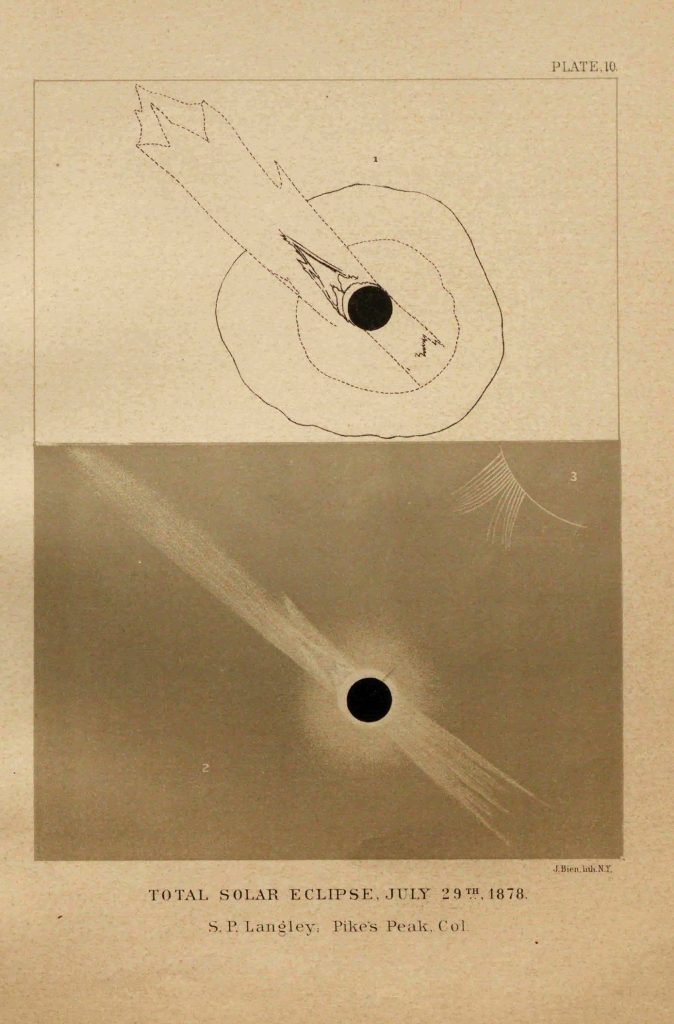
1889:
From The International Herald Tribune Historical Archive
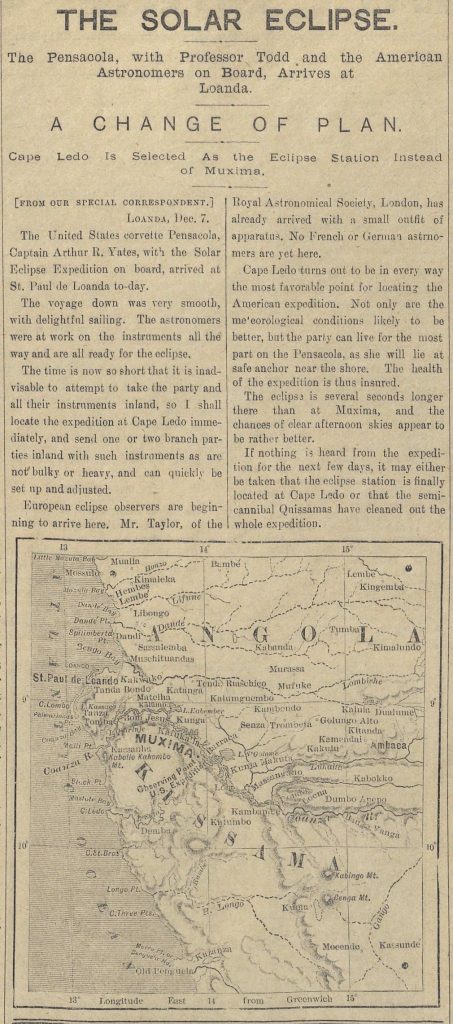
1889:
Correspondence regarding Solar Eclipse, January 1, 1889 from Samuel P. Langley
From Smithsonian Collections Online
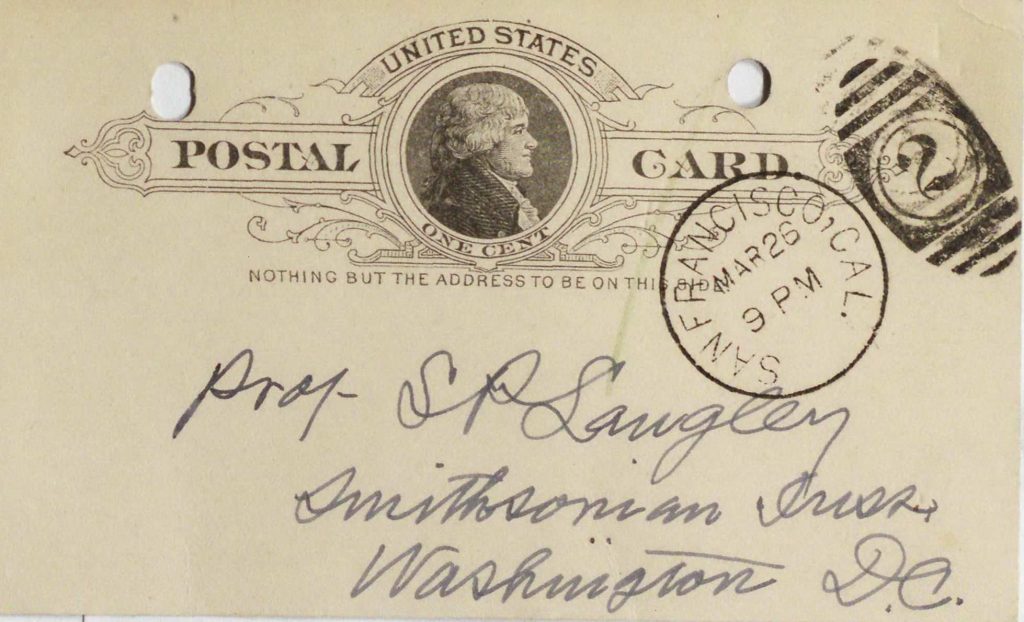
1900:
1900 Solar Eclipse Expedition of the Astrophysical Observatory, 1904
From Smithsonian Collections Online
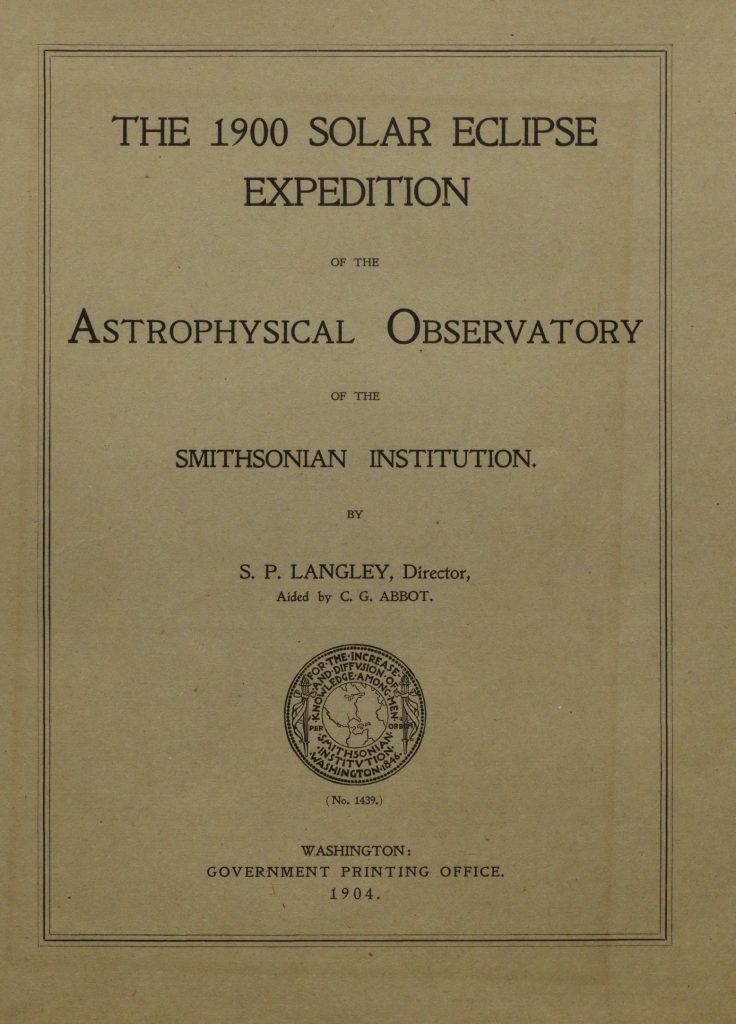
1973:

